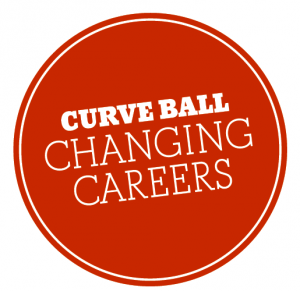Rich at any age: In your 40s
By now your head is likely above water. It's time to make some growth moves!
Advertisement
By now your head is likely above water. It's time to make some growth moves!

 If you want a career change to be successful, you have to start preparing for it at least six months in advance of giving your final notice. “Income is always impacted,” says Rona Birenbaum, a certified financial planner in Toronto. “That requires a plan.”
Start by beefing up your savings and cutting back on discretionary expenses to get ready for the day when you will be living your dream in a career you love. That means writing up a budget. “Concentrate on the basics,” says Birenbaum. “Make sure you can pay your mortgage and cover all of your basic living expenses. That’s key.”
If you don’t have all these financial pieces in place, stay with your current job for the time being, cautions financial planner Tatiana Terekhova. It pays to not act impulsively, something Terekhova knows from personal experience. When she changed careers 10 years ago, she set aside $40,000 to make sure the new company she created had enough time to grow.
Also pay a visit to your human resource department and make sure you understand the benefits your employer provides you—medical, dental, disability and others. If you are going into business for yourself, they will have to be replaced and you will want to ensure you budget for this. Finally, make sure your partner is on the same page by arranging for both of you to meet your financial advisor to review the plan. “If you’ve missed anything, the advisor will catch it,” says Birenbaum. “It’s an extra level of financial protection.”
If you want a career change to be successful, you have to start preparing for it at least six months in advance of giving your final notice. “Income is always impacted,” says Rona Birenbaum, a certified financial planner in Toronto. “That requires a plan.”
Start by beefing up your savings and cutting back on discretionary expenses to get ready for the day when you will be living your dream in a career you love. That means writing up a budget. “Concentrate on the basics,” says Birenbaum. “Make sure you can pay your mortgage and cover all of your basic living expenses. That’s key.”
If you don’t have all these financial pieces in place, stay with your current job for the time being, cautions financial planner Tatiana Terekhova. It pays to not act impulsively, something Terekhova knows from personal experience. When she changed careers 10 years ago, she set aside $40,000 to make sure the new company she created had enough time to grow.
Also pay a visit to your human resource department and make sure you understand the benefits your employer provides you—medical, dental, disability and others. If you are going into business for yourself, they will have to be replaced and you will want to ensure you budget for this. Finally, make sure your partner is on the same page by arranging for both of you to meet your financial advisor to review the plan. “If you’ve missed anything, the advisor will catch it,” says Birenbaum. “It’s an extra level of financial protection.”

Share this article Share on Facebook Share on Twitter Share on Linkedin Share on Reddit Share on Email